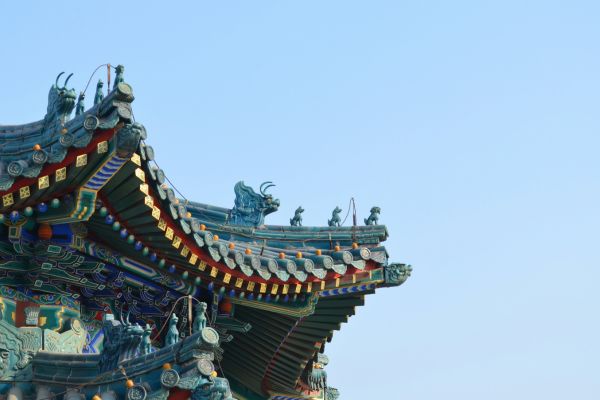
In 2019, China revised the PRC Trademark Law for the fourth time and formulated “Several Provisions on Regulating Trademark Application and Registration” (规范商标申请注册行为若干规定).
1. The fourth amendment to the PRC Trademark Law
The PRC Trademark Law was enacted in 1982 and was amended respectively in 1993, 2001, and 2013. Moreover, in April 2019, China passed its fourth amendment.
In the 2019 amendment to the PRC Trademark Law, relevant provisions are added to curb bad-faith trademark filings and to increase the severity of sanctions against trademark infringement, which are set as below:
(1) Where the trademark applicant files an application to the Trademark Office without an intention to use, it shall constitute a bad-faith trademark filing, and the Trademark Office shall reject such an application. (Article 4)
(2) The trademark agency must examine whether the application of its potential client is a bad-faith trademark filing. If it is, the trademark agency shall not accept the engagement of such client, otherwise, it will be subject to administrative penalties. (Article 19 and 68)
(3) The cap amount of damages for trademark infringement is increased. If it is difficult to determine the actual losses of the right holder, the court can determine the amount of damages payable by the infringer based on a reasonable multiple of the trademark license fees, i.e. 1- 5 times, which was 1-3 times before; if the trademark license fees are also difficult to determine, the damages can be determined at the discretion of the court within the upper limit of CNY 5 million, which was CNY 3 million before. (Article 63)
(4) Commodities with counterfeit registered trademarks will be destroyed and cannot be sold again even such counterfeit trademarks are removed. Prior to this Amendment, Chinese laws did not provide for the forced destruction of such commodities, which left a gap where the infringer was still able to obtain benefits from such commodities. (Article 63)
2. Formulate “Several Provisions on Regulating Trademark Application and Registration”
In order to facilitate the implementation of the 2019 amended PRC Trademark Law, China's State Administration for Market Regulation (SAMR) issued “Several Provisions on Regulating Trademark Application and Registration” (“the Provisions”) on 17 Oct. 2019. As a subsidiary organ of the SAMR, National Intellectual Property Administration is responsible for protecting trademarks, patents, geographical indications of origin, topographies of integrated circuits; in addition, China’s Trademark Office is also subordinate to National Intellectual Property Administration.
In order to facilitate the Trademark Office to decide whether the relevant application is a bad-faith trademark filing, the Provisions list the factors that the Trademark Office should consider, such as the number of trademark applications filed by the applicant, the industry in which the applicant runs business, etc.
In addition, the Provisions also enumerate dishonest trademark registration and relevant conducts, including that the applicant copies, imitates or translates the well-known trademark of others, the applicant files a trademark registration application knowing the existence of the said trademark in prior use by another party, and that the applicant pre-emptively applies for registering a trademark which has already been used by another person and enjoys a certain reputation.
Cover Photo by Devaiah Mallangada Kalaiah(https://unsplash.com/@devaiahmk) on Unsplash
Contributors: Guodong Du 杜国栋









